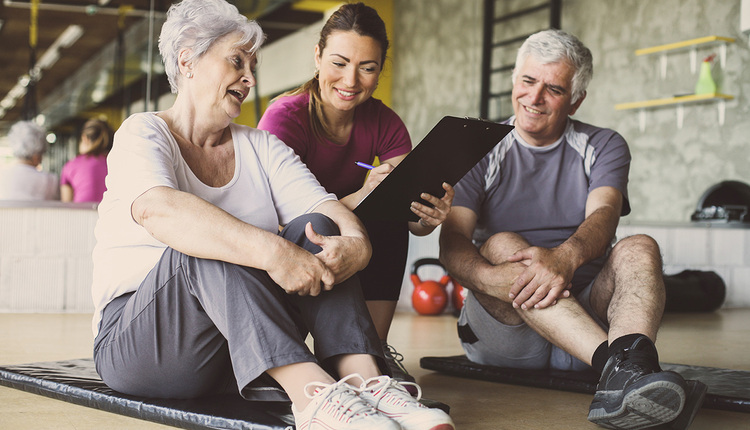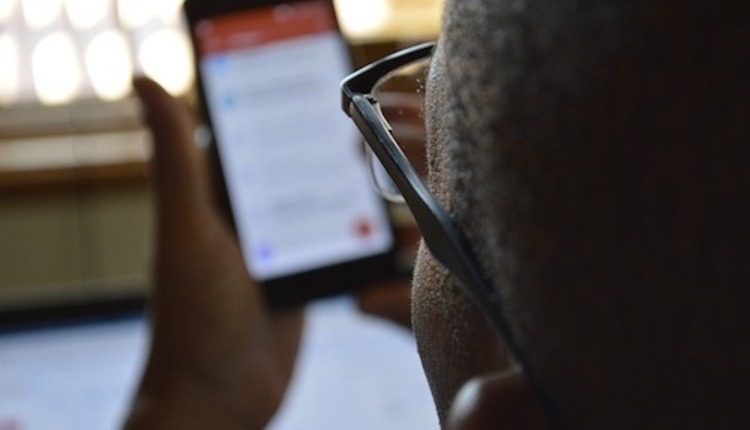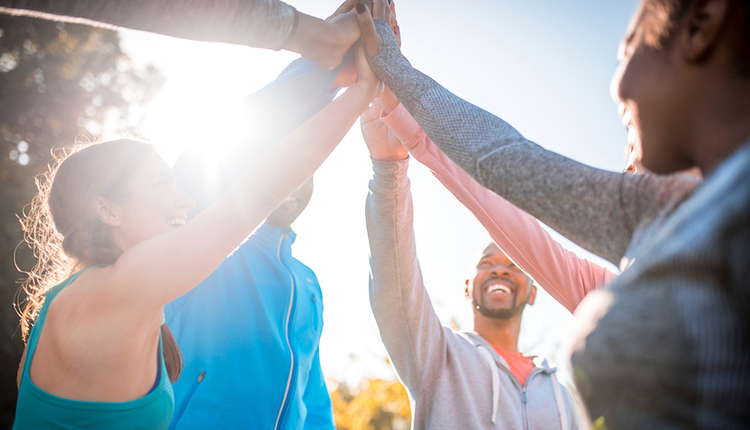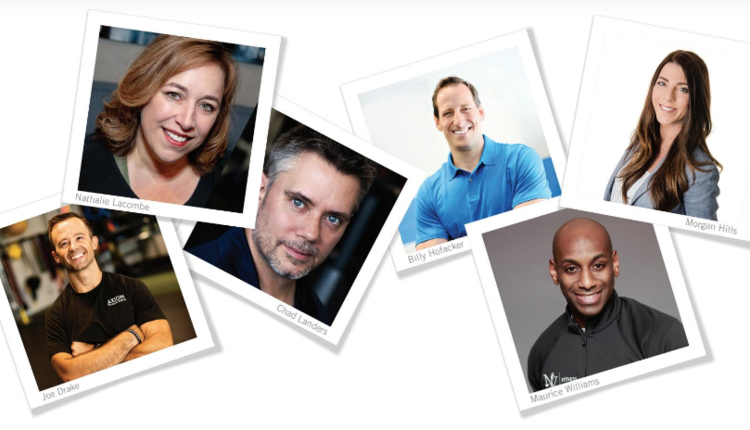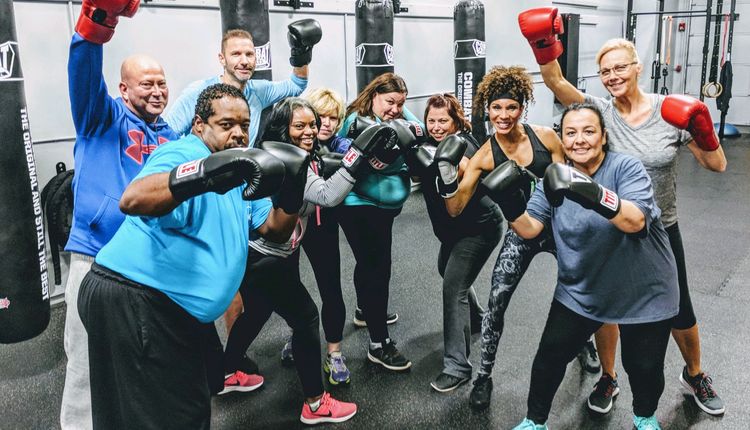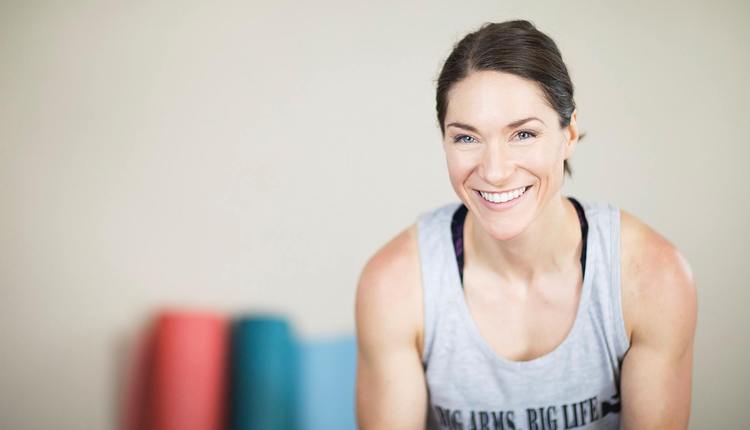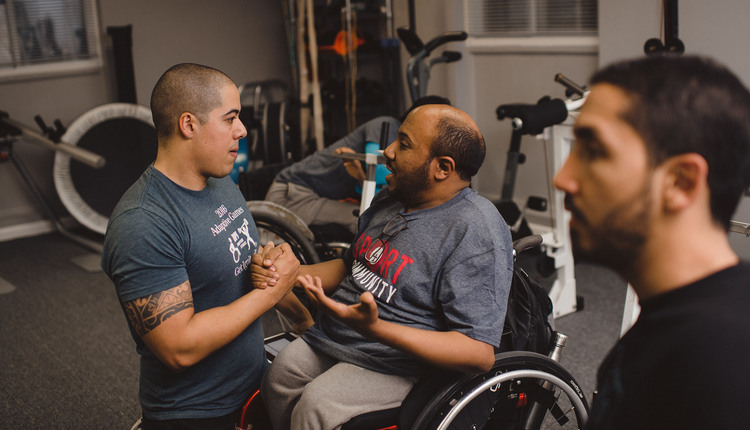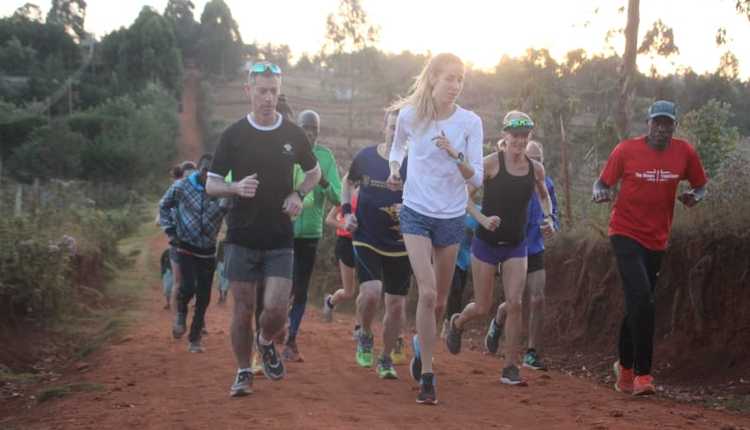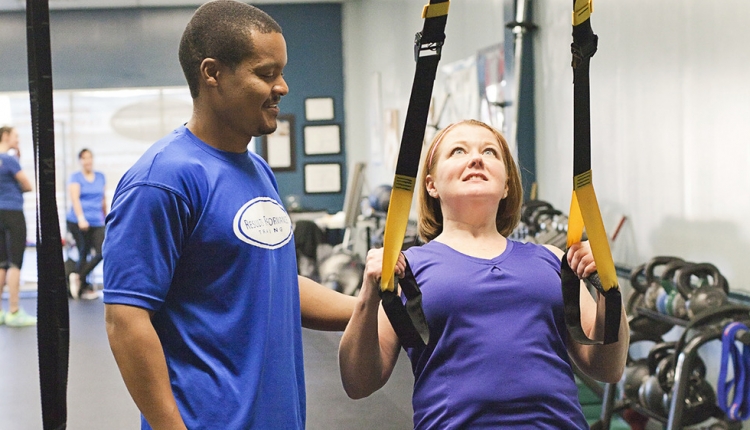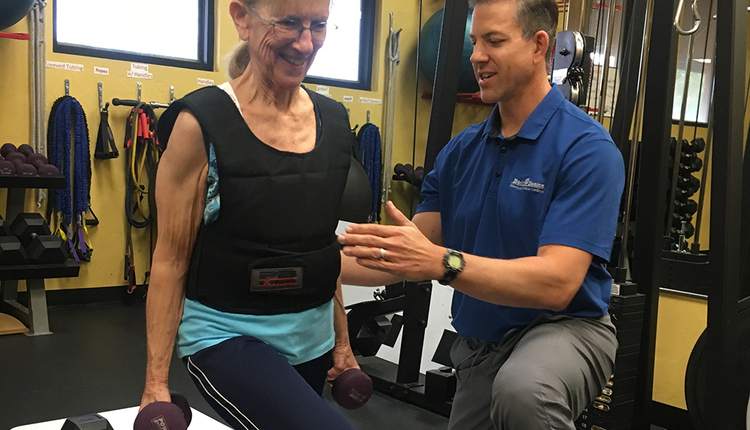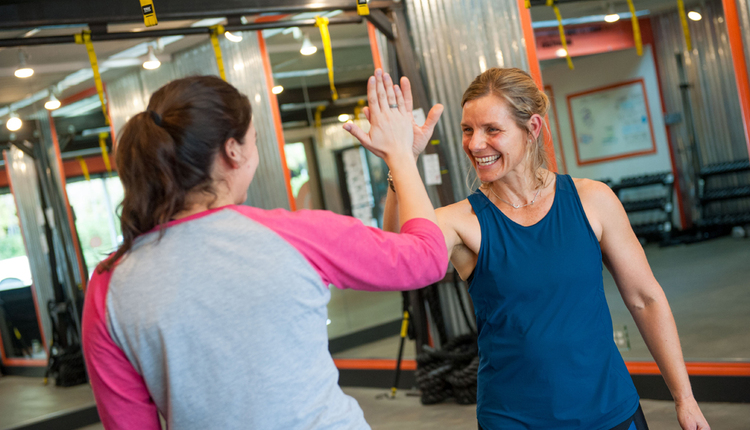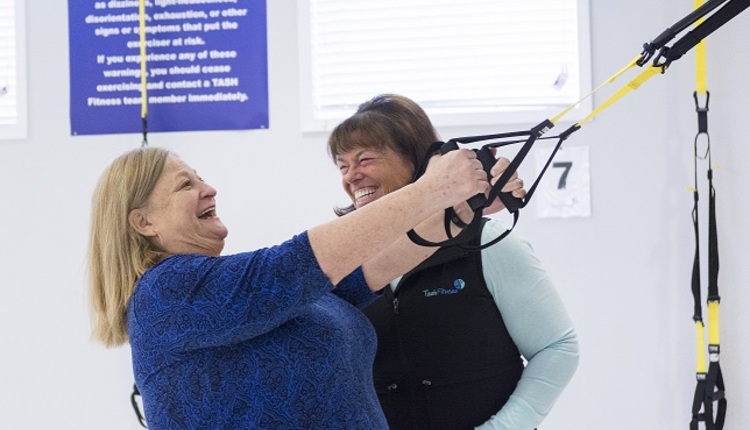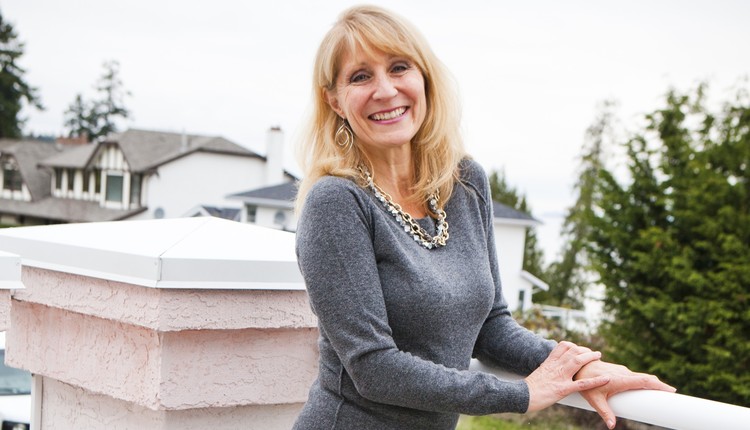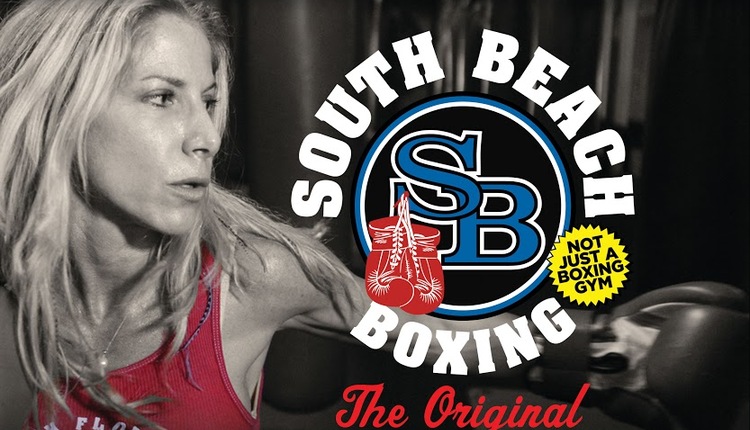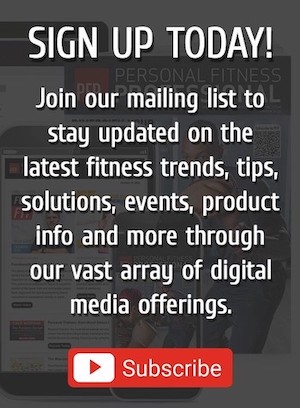| What is your current title? - Owner/Operator of Recovery Fitness, Personal Trainer and Cancer Exercise Specialist What is your company name? - Recovery Fitness LLC What are your certifications? - ACE, ACSM, Cancer Exercise Training Institute Where did you get your education? - Wharton School of the University of Pennsylvania BS, Adelphi University MBA What is your favorite piece of workout equipment? - Large stability ball What is your favorite healthy snack? - Smoothie What is your favorite quote or saying? - We can’t become who we need to be by remaining who we are. There are few occasions in life when we are fortunate to meet a person who leaves a lasting impression on us. The kind of impression where you walk away saying to yourself, "Wow, my life seems so much richer, even in the smallest way, because of my encounter with that person." They are the people who, mostly out of humility, may not even realize the significant impact they have on others. They hold themselves to a higher standard, not because they want recognition or accolades, but because they are driven by integrity and a genuine drive to make a difference in the world. Interviewing Carol, I was struck by what I would describe as her graceful tenacity. Carol is a Wharton School of Business graduate and former Wall Street bond trader. Not exactly the image one conjures when imagining a fitness professional whose passion is working with cancer recovery patients. But it's apparent that the same tenacity and persistence required of her to be successful on Wall Street is what she's applied to her career in fitness; and she does it all with grace. Carol's journey to success in the fitness industry was brought together by what she describes as "two converging paths." Following her career on Wall Street, she wanted a position that would let her combine her need for physical activity and love for movement with her strong entrepreneurial spirit. Pursuing a career in fitness was a natural fit. The other path derived from her experiences watching several loved ones suffer, and in some instances die, from cancer. Serving as a caregiver to her mother, father and other close family and friends as they managed the disease inspired her to do whatever she could to help the healing process. And so was born her Recovery Fitness cancer exercise program. Carol's story in her own words ... LV: Share with us your journey from Wall Street Bond Trader to creator of Recovery Fitness for cancer recovery patients, and how has your experience influenced your success today as a Cancer Exercise Specialist? CM: I attended the Wharton School of the University of Pennsylvania, which taught me the skills needed to run a business. My heart, however, was always in the health field. Trading to training is an unusual career path. Bond trading, however, prepared me for hard work and improved my listening and people skills. It helped me become mentally stronger, which helps me deal with the life-threatening issues faced by my clients. It also gave me the opportunity to present ideas and strategies to CEOs, CFOs and other corporate executives. I was able to develop communication skills and motivational skills, which I have successfully transferred to personal training. My presentations that were given to those outside the fitness industry prepared me and gave me confidence to provide informative and cutting edge workshops as a Cancer Exercise Specialist. Following Wall Street, I began to develop a career as a Personal Trainer. My first position was at the Allied Signal corporate health center in Morristown, New Jersey. There, I reawakened my passion for health and fitness. I was fortunate to learn from very knowledgeable and experienced personal trainers and other health professionals. At Allied, I was able to advance from floor work to administering fitness tests and assessments and to monitoring high-risk individuals. Most days, I would work double shifts in order to gain experience and accelerate the learning curve. Additionally, Allied Signal offered numerous seminars and workshops on a variety of health issues to its employees. I made sure to attend everything. LV: How did you decide that you wanted to focus primarily on working with clients who were recovering from cancer? CM: After certification by ACE, I started my own personal training business. I began by training a few friends. When the results of their training with me became apparent, my business began to grow through word of mouth. In 1999, I started providing fitness programs at three adult education centers. This work brought a lot of exposure to me in the neighboring communities. My personal training studio was thriving. I worked with people of all ages and fitness levels. It also brought me in contact with many people who were suffering from the side effects of cancer surgery and treatments. Cancer has been part of my world for over 30 years. My mother, father, and many other family members and friends have battled this disease. Now, I was seeing this disease in my clients and I determined that I had to help these clients improve their quality of life. I needed to make an impact on a deep level. This had one of the motivating factors for my desire to become a fitness professional. After significant research and learning how exercise can improve the recovery process, I was determined to spread the word. LV: Moving entirely into a focused and specific training niche can often be a challenge for many fitness professionals. How did you do it successfully? CM: I began to set up meetings and presentations with physicians in my area to discuss the exercise program. They were excited about having a place to send their patients after, and as an adjunct to, physical therapy. I also created exercise groups comprised of patients who had similar cancers, surgeries, issues and concerns, thus also resulting in a support group. This made taking care of health enjoyable, fun and cost-effective. I decided to obtain additional certifications: ACSM and the Cancer Training Institute. These certifications helped me to become a better trainer through additional education. I also attended every conference possible either in person, via a webinar or podcast, read numerous books and the latest studies in order to obtain the latest information on cancer. Finally, I was ready and launched Recovery Fitness cancer exercise program. LV: I always ask successful fitness professionals if they've had a mentor, coach or influential person they would attribute to their success. Do you have an influential mentor or coach? CM: There have been numerous people who have helped me along my way. In particular, my mentors have been my in-laws, Dr. Milton M. Michaels and Lois G. Michaels. Lois, a pioneer in health education, created Health Place in Pittsburgh, Pennsylvania in the 1970s. Health Place was established to help people improve their health by teaching them the importance of eating right and exercise. Her expertise in public health has provided me with useful insights into health systems. Early on, she observed the importance of exercise and weight control in the recovery process from cancer and gave me confidence necessary to establish my program. Dr. Michaels, a hematologist, worked with me on the recovery fitness program ensuring that it was medically sound. LV: What have been your greatest frustrations or obstacles since launching Recovery Fitness? How did you get through the challenges? CM: It was very difficult to get Recovery Fitness accepted by the medical community. Some needed to overcome a preconceived bias that disregarded the importance of exercise in the recovery process. I needed to demonstrate that not only was the exercise important, the exercise program had to be tailored to meet the needs of patients who had just gone through complicated surgery or other treatment. This took great perseverance. I met as many oncology health professionals as possible and have been able to demonstrate the efficacy of the Recovery Fitness program and how it could help them and their patients. I read and subscribe to numerous cancer publications, and study cancer-related websites. By staying informed on the latest reconstructions and treatments I can understand my clients' situations and develop an exercise program that will give them the best results. This also gives me the knowledge and ability to communicate with everyone on the medical team. I am able to speak to their health professionals so that I can understand the particular health issues of each patient. LV: If you could give yourself a piece of advice as a professional five to 10 years ago, what would it be? CM: Try to identify a specific type of client from whom you would get the most satisfaction, and then focus on that client. At the start of my fitness career, my typical client wanted to lose a few pounds and get fit. That is important and I still do work with those clients. I felt, however, that I needed to work with those that were underserved. In addition to the income I earn, this gives me great personal satisfaction. It took me a long time to realize that I derive more satisfaction from my work by helping those that had specific medical concerns. Once you determine the population that you want to work with, become and remain an expert in that area. LV: What do you think is the greatest opportunity in the fitness industry right now, and what do you think is the greatest deficit? CM: There are so many opportunities in the fitness industry for personal fitness professionals. Obviously, the nation's obesity problem, which has existed for years and is not improving is a huge opportunity and also our industry's biggest deficit. Food addiction is a very complicated, multi-faceted problem. Changing behavior and thought patterns is extremely difficult. Even though there is tremendous media presence and countless weight loss programs, it is not working for a huge percentage of our country. Our population is always looking for the magic pill or operation and that needs to change. Instead of exercising, they watch TV about people exercising or trying to lose weight. Entertainment and serious health issues with serious consequences should not be combined. This problem creates the greatest opportunity and remains our greatest deficit. There is a strong cancer-obesity correlation in addition to every medical condition that is worsened or created by obesity. Unfortunately, not enough of the obese are getting into our studios and gyms for training and change. Personal fitness professionals should be working with grammar schools to reinforce healthful habits at a young age. Gym classes alone have not been sufficient. We have a large group of very dedicated professionals who can expand our reach to populations suffering from obesity. LV: What does the future hold for Carol Michaels and Recovery Fitness? CM: I am currently working on a Recovery Fitness DVD that should be out next month. This DVD will enable those who cannot afford private sessions or who cannot attend one of my programs to improve their range of motion. Even though I have been able to offer the program at a number of hospitals, YMCAs and other facilities for free or a nominal charge, clients may find it difficult to attend a session when it is offered, due to work or family constraints. I have received emails from various health professionals throughout the country who have expressed an interest in becoming certified as a Recovery Fitness cancer exercise specialist. In 2012, I will be writing a manual to teach trainers and other health professionals about the specific exercises that will improve recovery following a cancer diagnosis and treatment. This manual will be a component of a training module that I am developing to teach other fitness professionals how to work with cancer survivors. My five-year goal is to increase the awareness of the importance of exercise in the recovery process from cancer surgery and treatments. My career demonstrates how personal trainers have the ability to be accepted by the medical community. This does not come easily. It can be difficult to reach medical professionals who are busy and focused on their patients. With hard work and tenacity this can be accomplished. I have been able to demonstrate that the Recovery Fitness program is medically sound and have had internists, surgeons, and oncologists endorse the program. The value of adding a fitness professional to the patient's team is finally receiving the acknowledgment that it deserves by the medical community. With this in mind, I plan on mentoring younger professionals to help them get started in my niche. I will continue to meet with the medical community in order to discuss with them the importance of a good exercise program and alert them to the existence of these programs in their community. In five years I hope to have Recovery Fitness training programs established nationally so that fitness professionals throughout the country can learn the effective exercises that I have developed to improve the healing process. Carol Michaels is blazing her own trail, and has no intention of looking back. Her tenacity, perseverance and commitment to serving others are among the many reasons why Carol Michaels was selected as PFP's 2012 Trainer of the Year. Selected among more than 300 very deserving applicants, Carol leaves a significant impression. As fitness professionals, we can each take something away from Carol’s journey to success and apply it to our own lives, personally and professionally. |
 Topic: Trainer of the Year Magazine Archives: • 2012 TOTY Finalists Announced • Journey to Success: Stephen Cabral |



